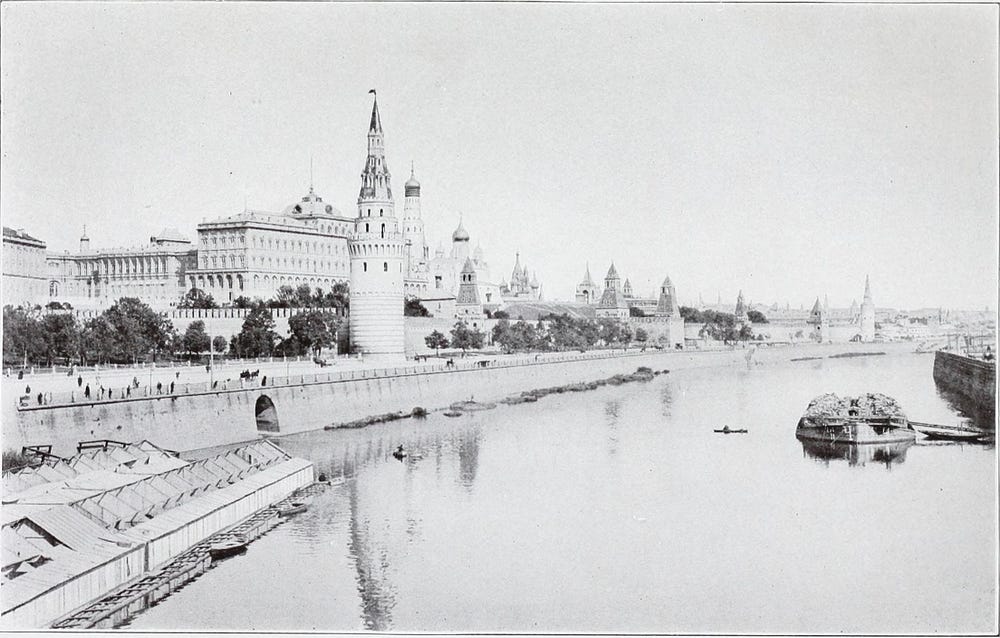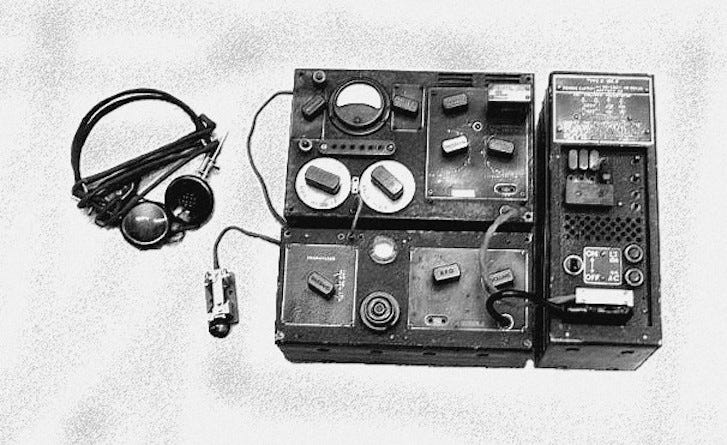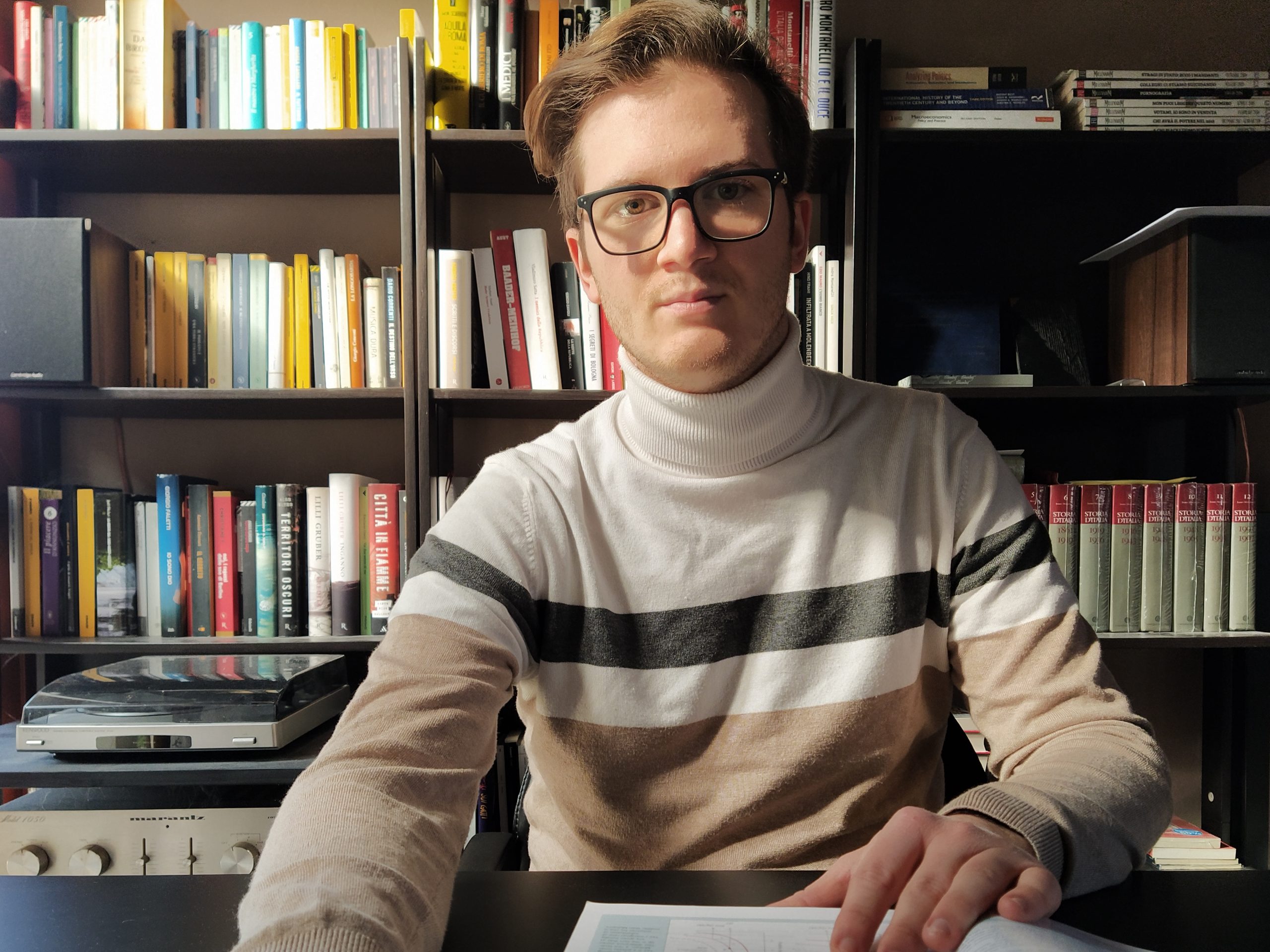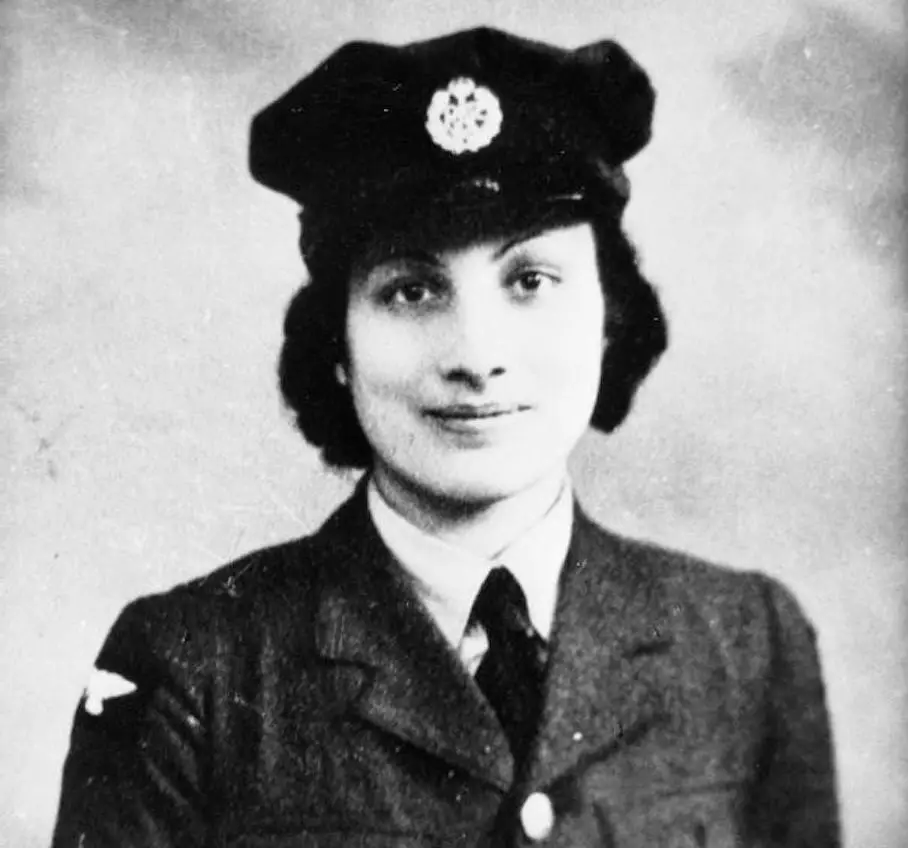 July 16, 1940, when Britain was experiencing its “darkest hour,” Prime Minister Winston Churchill met the Minister of Economic Warfare, Hugh Dalton. Dalton himself would have recorded in his diary that Churchill told him to “go and set Europe ablaze.” Accordingly, on July 22, the Special Operations Executive (SOE) was created. The SOE was a secret organization, and its purpose was to conduct espionage, sabotage, and subversion in occupied Europe against the Axis powers.
July 16, 1940, when Britain was experiencing its “darkest hour,” Prime Minister Winston Churchill met the Minister of Economic Warfare, Hugh Dalton. Dalton himself would have recorded in his diary that Churchill told him to “go and set Europe ablaze.” Accordingly, on July 22, the Special Operations Executive (SOE) was created. The SOE was a secret organization, and its purpose was to conduct espionage, sabotage, and subversion in occupied Europe against the Axis powers.
After the fall of France, Churchill acknowledged that Britain did not have the ability, both in terms of soldiers and resources, to win in an open fight against Nazi Germany. Therefore, the British decided to withdraw to defend their island, to use their mighty fleet to wear down the efforts of their enemy, and to send the Royal Air Force on continental Europe to weaken their enemy’s morale by destroying its economic capabilities. We could say that this plan was a classic one. However, alongside it, Churchill also launched a campaign of subversion. This kind of irregular warfare would have been carried out by the SOE, “Churchill’s Secret Army.”
Noor Inayat Khan
Noor Inayat Khan was born on January 1, 1914, in Moscow. She was a direct descendant of Tipu Sultan, the ruler of the Kingdom of Mysore — a realm based in South India — from 1782 to 1799. Such an ancestry earned her the title of “Princess.” Noor’s father, Hazrat Inayat Khan, was the founder of Western Sufism, a religious movement that had its origins in traditional Sufism, Islam’s mystical branch. The doctrine stood for universal peace, religious tolerance, and love for all living beings. His preaching activity earned him some popularity which led him to travel abroad to teach Sufism. In the United States of America (USA), he met Pirani Ameena Begum, Noor’s mother. Eventually, Hazrat reached Moscow, where Rasputin invited him to introduce Emperor Nicholas II and Empress Alexandra to his doctrine.

In 1914, Noor’s family left Moscow for London. While there, Noor attended nursery in Notting Hill. In 1920, the family moved to France, where they settled in Paris. In Paris, Noor studied child psychology at the Sorbonne and music at the Paris Conservatory. When the Wehrmacht invaded France, Noor and her family returned to England. This happened on June 22, 1940; that is, one month before SOE’s creation.
Nazism
Nazi racism and anti-Semitism shook her and her religious beliefs. In Noor’s eyes, Hitler represented absolute evil. Against that evil, she had to react. Thus, in 1942, when the secret services were looking for bilingual figures, the young princess applied for the newly-formed SOE. Noor wanted to help Britain and France, two countries that were fighting for freedom and democracy.
Noor on the Western Front
Noor was recruited to join the France Section of SEO. She would have been the first woman to be sent to occupied territory. After a tough training, where she had “worked hard and shown keenness,” she was parachuted to France on June 16, 1943. Noor’s mission was to transmit confidential information to and from the French resistance movements.

Under the codename Madeleine, after a few weeks of intense and dangerous work, Noor became a very skilled spy. In France, her duty was to send and receive messages on planned sabotage operations or about places where weapons for partisans were needed. However, when the Gestapo triggered a roundup in which many of Noor’s colleagues were captured, she was one of the few agents to survive. At that point, Noor should have gone back to London — since the Gestapo was undoubtedly on her trail— but she refused to do so. Noor didn’t want to leave her surviving companions without a radio operator, making it impossible for them to plan secret landings and to coordinate operations. With a fifteen-kilos transceiver always on her shoulders, Noor came to be the only operator in France who was able to ensure contacts among the Allies’ headquarters and the French resistance movements.
During the second half of 1943, Noor was betrayed, probably by Henri Déricourt, a double agent that worked both for the Allies and Germany. She was arrested and interviewed at the headquarters of the SS intelligence branch in Paris. Noor, who did not give the SS a single piece of information, tried to escape twice. Eventually, she was moved to the Dachau concentration camp. On September 13, she was executed. In 1958, an anonymous Dutch prisoner asserted that Noor’s last word, spoken just before being shot on her back, was “Liberté!” which means ‘freedom’.

History, Politics & Economics – A place for uncomfortable truths.
michelecaimmi98[at]hotmail.com





